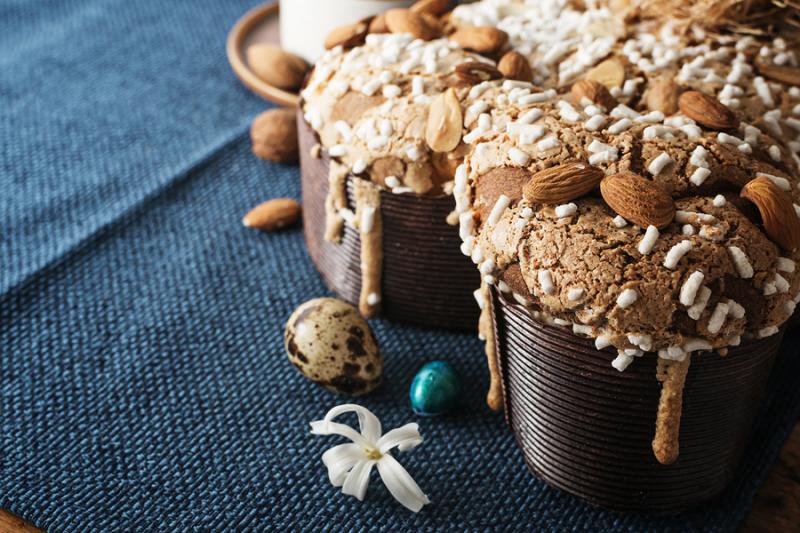If you’re planning on cooking some delicious Italian food at home this week, what Italian expressions could you use to describe your food? ‘Che buono!’, which means ‘so tasty’ is a common way to say something is delicious. But what if you want to add some variety to what you say?
Delizioso
This word is the direct translation of ‘delicious’ and can be used to describe all sorts of food. It ends in -o in the masculine singular and -a in the feminine singular:
Questa torta è deliziosa! – This cake is delicious
Questo biscotto è delizioso – This biscuit is delicious
Squisito
This also means ‘delicious’ or ‘excellent’ and follows the same grammar rules for masculine singular (-o) and feminine singular (-a). In the plural these become -i for masculine plural and -e for feminine plural:
Le pizze fatte in casa sono squisite – The homemade pizzas are delicious / excellent
I tuoi antipasti sono sempre squisiti – Your starters are always delicious / excellent
Appetitoso
This means ‘appetising’ and or ‘appealing’:
Il dolce ha un aspetto appetitoso – The dessert looks appetising
Gustoso
This means ‘tasty’:
I panini sono molto gustosi – The sandwiches are very tasty
Saporito
In English, we could translate this as ‘flavourful’ or ‘flavoursome’:
È un piatto molto saporito – It’s a very flavoursome dish
Succulento
We can use this to describe meat, and it means ‘succulent’ or ‘juicy’:
Il maiale è davvero succulento – The pork is very succulent
Invitante
‘Invitante’ can mean both and ‘tempting’ and ‘moreish’. The -e ending is used for both masculine and feminine singular words, and in the plural this becomes -i:
Quel cibo è piuttosto invitante – That food is rather moreish
I cocktail sono invitanti – The cocktails are tempting
There are two expressions we can use in Italian to describe how good something tastes:
Da leccarsi i baffi
This expression literally means ‘to lick one’s moustache’! The real meaning is that something is so good it makes you want to lick your lips. It can be translated as ‘mouthwatering’:
Hai preparato una bistecca da leccarsi i baffi – You’ve made a steak that is absolutely mouthwatering
Far venire l’acquolina in bocca
This is the Italian expression to say ‘to make someone’s mouth water’:
Il profumo di quella pasta mi ha fatto venire l’acquolina in bocca – The smell of that pasta is making my mouth water
I hope you have a chance to make some tasty Italian dishes this week and use some of this vocabulary to describe them!













